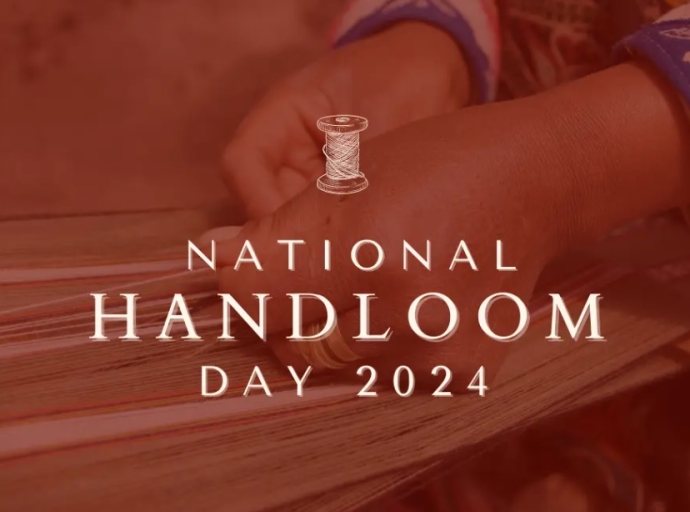Celebrated annually on August 7th, National Handloom Day honors India's rich heritage of handwoven textiles. Since its inception in 2015, this day has recognized the pivotal role of handloom weavers in India's history and economy.
The sector, a cornerstone of the nation's textile industry, sustains millions, particularly women while producing a remarkable 15% of India's cloth and a dominant 95% of the world's handwoven fabric.
From the iconic Toda shawls to the intricate Ikat patterns, India's cultural tapestry is inextricably linked to its handlooms. As fashion trends evolve, these timeless textiles have witnessed a resurgence, with designers seamlessly blending tradition and modernity. This revival empowers artisans and fosters sustainable fashion, preserving cultural heritage and uplifting communities.
A Tapestry of Tradition and Empowerment
By choosing handwoven products, we celebrate the dedication of weavers, designers, and consumers. Together, we can ensure the enduring legacy of India's textile heritage while creating a more sustainable future.




